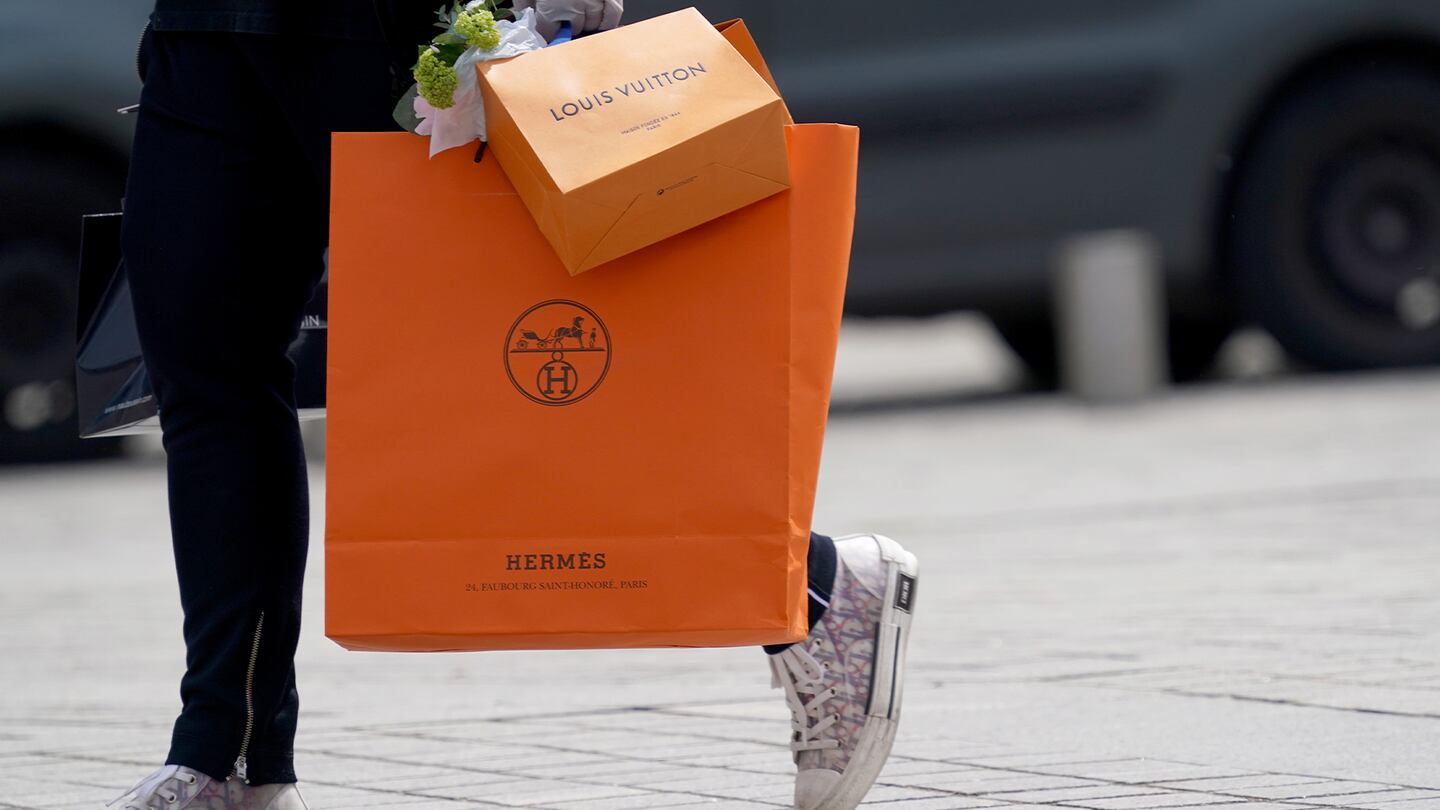
The Business of Fashion
Agenda-setting intelligence, analysis and advice for the global fashion community.

Agenda-setting intelligence, analysis and advice for the global fashion community.

The personal luxury goods market is set to reach €362 billion ($387 billion) by end of year, growing 4 percent at current exchange rates from 2022, consultancy Bain & Company said in a joint report with Italian trade group Altagamma. That’s at the low end of earlier estimates between €360 billion and €380 billion.
Wavering consumer confidence, uncertain macroeconomic conditions in China, shrinking aspirational spending in the US and lingering inflation have contributed to slowed growth.
In a softer market, performance has been polarised among brands: 65 to 70 percent of brands are expected to benefit from the luxury market’s growth this year, down from 95 percent of brands in 2022. Performance of the personal luxury goods segment could slow further in 2024, said Bain.
Brands will need to sharpen their strategies, focusing on having a differentiated approach from competitors. “Things are moving in different speeds and different directions. It’s a phase [calling for] bold choices by brands,” said Bain partner Claudia D’Arpizio. “Brands will need to choose their battles in terms of which customer they are going after.”
ADVERTISEMENT
Ultra-wealthy shoppers are currently fuelling the luxury market, d’Arpizio said. Brands at the top have doubled down on catering to more insulated customers with established sales channels (such as private salons) and other exclusive services.
For the first time in a decade, luxury volumes dropped — the result of a focus on elevation, as brands hiked prices and pushed more expensive products.
In 2024, brands will need to rebalance, building more avenues for attracting aspirational consumers, said D’Arpizio. “I don’t think brands can afford to lose the new blood coming from aspirational consumers.”
LVMH and Richemont both reported third-quarter growth that slowed sharply from the first half of the year, while sales at Gucci-owner Kering fell 9 percent. Birkin and Kelly bag-maker Hermès grew by double digits in the same period.
Growth in the key Chinese market was expected to fuel luxury expansion in 2023. Following a strong start to the year, sales slowed alongside GDP growth in the country, Bain said. Economic stimulus in the third quarter of 2023 is expected to boost local consumption from year-end into 2024.
Japan’s luxury market is expected to grow the most this year, set to rise 17 percent, while sales in the Americas will likely fall 8 percent.
Still, brands have made long-term plays by building new stores in the American South and Midwest, following moneyed consumers to locales like Nashville, Tennessee or Austin, Texas. Bain remains positive on the US market as the economy strengthens: “We are at the bottom right now, probably we will see a pickup in the second half of next year,” said D’Arpizio.
The slowdown in demand for high-end brands is hitting the sector unevenly, as seen in the polarised third-quarter results released this week by Hermès, Kering and others.
The luxury-goods industry’s first slowdown since the pandemic is separating the winners from the losers.
Quarterly sales fell by 13 percent, with weakness at Saint Laurent and Balenciaga, as well as work-in-progress Gucci, as the group struggles to cope with slowing luxury demand.

Joan Kennedy is Editorial Associate at The Business of Fashion. She is based in New York and covers beauty and marketing.
The Coach owner’s results will provide another opportunity to stick up for its acquisition of rival Capri. And the Met Gala will do its best to ignore the TikTok ban and labour strife at Conde Nast.
The former CFDA president sat down with BoF founder and editor-in-chief Imran Amed to discuss his remarkable life and career and how big business has changed the fashion industry.
Luxury brands need a broader pricing architecture that delivers meaningful value for all customers, writes Imran Amed.
Brands from Valentino to Prada and start-ups like Pulco Studios are vying to cash in on the racket sport’s aspirational aesthetic and affluent fanbase.